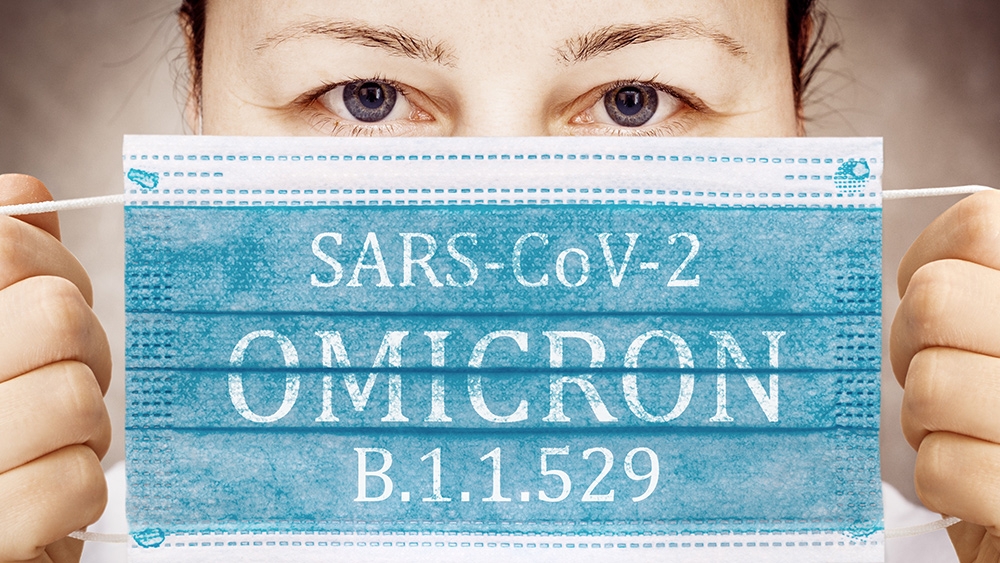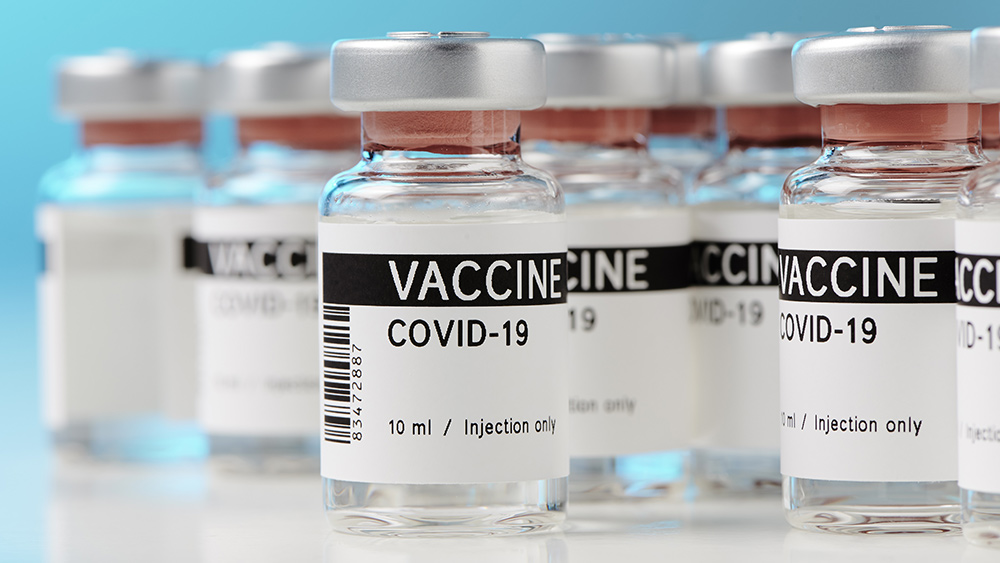Mild omicron variant may be a “Christmas present,” mRNA tech inventor says
12/25/2021 / By Mary Villareal

Three weeks after it was first reported in the United States, the omicron variant of the Wuhan coronavirus is now the most dominant strain in the country. Despite the renewed panic that it gave government officials, the inventor of the mRNA technology behind the Pfizer and Moderna vaccines believes that it may be a “Christmas present” for everyone.
Speaking at an interview, Dr. Robert W. Malone explained that while the original SARS-CoV-2 (the virus that causes COVID-19) settled in the lungs, new studies still under peer review indicate that the omicron variant settles in the upper respiratory tract, making it more transmissible, but less virulent – and less deadly.
Malone said that the new variant could act as a live attenuated virus vaccine because it produces mild symptoms and give natural immunity to COVID-19 in general.
South African officials also reported that only 1.7 percent of identified COVID-19 cases were admitted to hospitals in the second week of infections during its fourth wave, compared with 19 percent in the same week of the third wave (delta).
Symptoms of the omicron variant
As omicron cases rise in the U.S., Americans are struggling to distinguish the symptoms of the new variant as the delta and omicron variants look very similar.
The Food and Drug Administration noted that most PCR and rapid antigen tests do not indicate which variant they are infected with, so knowing the symptoms can be very helpful.
Recently released data from South Africa’s largest health care insurer suggest that those with omicron infections often develop a scratchy or sore throat, as well as nasal congestion, dry cough and muscle pain, especially low back pain.
However, Ashley Ritter, an adjunct professor at the University of Pennsylvania, noted that these are all symptoms of the delta and original coronavirus strains, as well.
One possible difference is that omicron may be less likely than earlier variants to cause loss of taste and smell. Research suggests that 48 percent of patients with the original SARS-CoV-2 strain reported a loss of smell, while 41 percent said they lost their sense of taste. (Related: South African health workers: Symptoms associated with omicron are very mild.)
Based on an analysis of a small omicron outbreak in Norway, however, only 23 percent of patients reported a loss of taste and only 12 percent reported a loss of smell.
In addition, omicron seems to have a shorter incubation time, taking as few as three days for people to develop symptoms after exposure, compared to four to six days before testing positive with the delta and original strains.
Dr. Waleed Javaid, director of infection prevention and control at Mount Sinai Downtown in New York City said that it could be because the variant’s mutations help it attach to and go inside cells.
Javaid, however, noted that people should not get complacent as there are still people who could get severe symptoms from the omicron variant and early mild symptoms can develop into serious symptoms later. Because of this, Javaid noted that it’s still important that people with cold or flu-like symptoms be tested and stay home.
“It is still a coronavirus. We’re still in a pandemic.”
Learn more about the omicron variant in the video below:
The video above was published by WGON on Brighteon.com.
Get more updates about the omicron variant at Pandemic.news.
Sources include:
Tagged Under: covid-19, COVID-19 infections, covid-19 pandemic, Delta Variant, herd immunity, natural immunity, omicron variant, pandemic, SARS-CoV-2, South Africa, spike protein, vaccines, Wuhan coronavirus
RECENT NEWS & ARTICLES
SpikeProtein.news is a fact-based public education website published by SpikeProtein News Features, LLC.
All content copyright © 2021 by SpikeProtein News Features, LLC.
Contact Us with Tips or Corrections
All trademarks, registered trademarks and servicemarks mentioned on this site are the property of their respective owners.




















